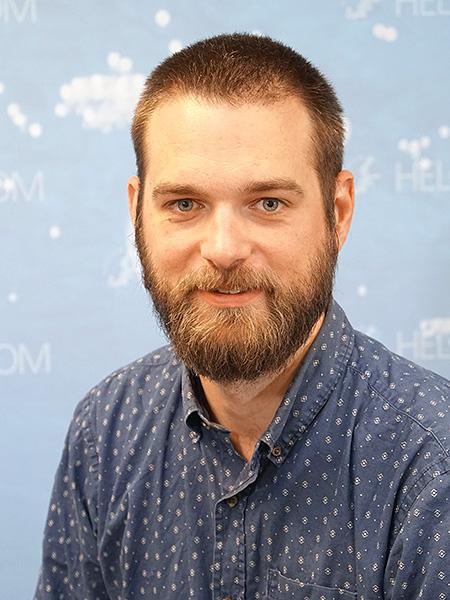PERMAGOV
Improving the PERformance of MArine GOVernance
Background
The current largely fragmented nature of marine governance needs to evolve toward a more cross-cutting and agile arrangement, one that is in sync with wider developments taking place at sea, at shores and on land. PERMAGOV sets out to improve EU marine governance so that it can better meet the goals and objectives established in the European Green Deal.
Approach
PERMAGOV will achieve that by piloting a novel multi-level governance approach in nine case studies around Europe, targeting four broad topics of key importance to sustainable development. These topics are characterized by multi-layered governance arrangements (e.g., local, national, EU, international) that interact with the European Green Deal. The nine case studies are:
Marine transport:
- De-carbonizing shipping – EU wide
- Motorways of the sea – Adriatic
Marine life:
- Seabed integrity Regional Sea – Baltic
- Sustainable fisheries in MPAs – Italy
Marine Energy:
- Floating Wind – Celtic Sea
- Energy Island – Denmark
- Offshore Wind – Norway
Marine Plastics:
- Marine litter – Baltic
- Marine litter – Mediterranean
HELCOM involvement
Case study: Seabed Integrity in the Baltic Sea
Marine Life is a collection of governance arrangements that aim to enhance living resources and marine ecosystems in support of biodiversity conservation (protection of natural capital) and responsible food systems. HELCOM and the Finnish Environmental Institute (SYKE) will analyse the protection of seabed integrity in the Baltic Sea.
Case study: Marine Litter in the Baltic Sea
Marine Plastics is a collection of governance arrangements that focus on plastic pollution in seas and oceans. HELCOM and the Research Institute for Sustainability Helmholtz Centre Potsdam (RIFS Potsdam) will analyse the way in which HELCOM combats marine litter including through cross-sectoral and cross-boundary cooperation and monitoring.
Each case study will:
- contribute to developing and testing a capability-based performance assessment tool,
- assess and analyse how formal and informal practices affect governance performance,
- assess the use of digital tools and e-governance interventions,
- contribute to the co-creation of the assessment indicators, co-assessments on the case study level, and co-production of a project synthesis.
Project duration and funding
The project runs from January 2023 to December 2026.
PERMAGOV has received funding from the European Union’s Horizon Europe research and innovation programme HORIZON-CL6-2022-GOVERNANCE-01-03 under grant agreement No 101086297, and by UK Research and Innovation under the UK government’s Horizon Europe funding guarantee grant numbers 10045993, 10062097, 101086297.
Resources
Project website: https://www.permagov.eu
Contact

Luke Dodd
HELCOM Project Researcher
(PERMAGOV, AquaINFRA)
luke.dodd@helcom.fi



